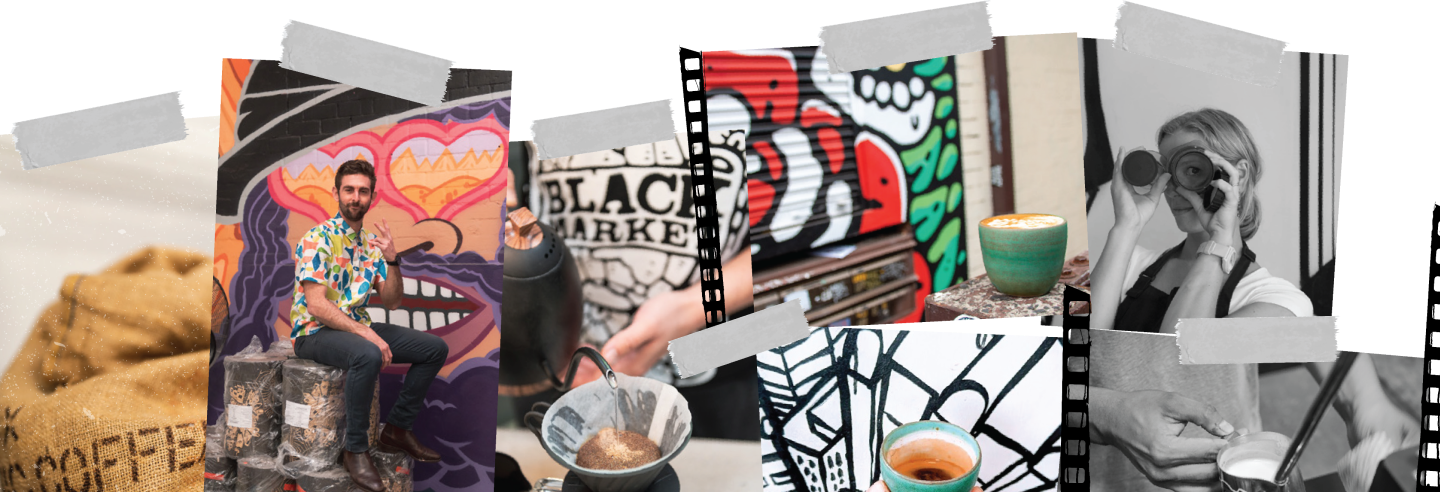
Fair Trade Versus Specialty Coffee
Voting With Your Wallet
Can you change the coffee world?
We think you can.
By choosing to buy quality coffee, wine, food and other products from specialists, artisans and sometimes over-obsessive shop owners, you are voting with your wallet. Let’s talk a little about Fair Trade Coffee and how it differs to shopping at a specialty coffee shop.
What is Fair Trade Coffee?
The Fair Trade concept for coffee is a certification process of a base price, working and production standards. It is a thorough audit of the farms practices from all angles, ensuring the process is as ‘Fair” as possible.
Does it actually work, and is it really Fair?
To its credit, the Fair Trade brand has really helped consumers grasp the idea that they can affect the supply chain by making smart purchasing decisions. It has opened the eyes of many that there is inequality in the coffee chain and provided a way to try and solve it.
Why should we be looking beyond Fair Trade Coffee now?
Unfortunately, we should be looking past Fair Trade now. For most farmers, achieving Fair Trade certification is not possible. It costs money, resources and is a business risk. The premium you pay for Fair Trade Coffee is rarely getting back to the farmer. This is because of the process of certification is a mammoth task and a multinational organisation needed to be paid for and run out of this premium.
Fair Trade price and bean quality aren’t necessarily related
The Fair Trade price is not quality rated and a coffee farmer producer who offers specialty grade coffee will receive much more than a Fair Trade farmer if they aren’t up to specialty standards.
So what can we ‘the customer’ do to make better and fairer decisions?
Thankfully, there is a solution, or rather a direction each of us can choose.
To create fairness and equality, there must be a clear spread of income. There must be information and free markets void of corruption allowing the consumers to have confidence in the decisions they are making. The solution is helping the farmers to make better quality coffee, that they can in turn sell at a higher price, rather than being stuck at the generally low price points and being a subsistence producer. We need a new framework to standardise the quality of coffee, since all coffee isn’t created equal.
Ethiopia’s High Quality Rising Coffee
For example, there are many grades of coffee coming out of Ethiopia. The highest grade achieves the highest price and consumers will hopefully pay more for this high quality. If consumers can be educated to a point where they can tell the difference in quality and are happy to pay an extra 20-50 cents for this quality, then direct trade or similar models can affect the conditions of the farmers.
By education consumers, we feel you guys can choose with your taste buds and choose coffee that showcases a certain origins characteristics, much like the wine industry is today. Shop at a local coffee roaster or specialty coffee store and ask the barista where the beans are from and you will be on a path to helping the coffee farmers.
Be The first to know about new digs.

